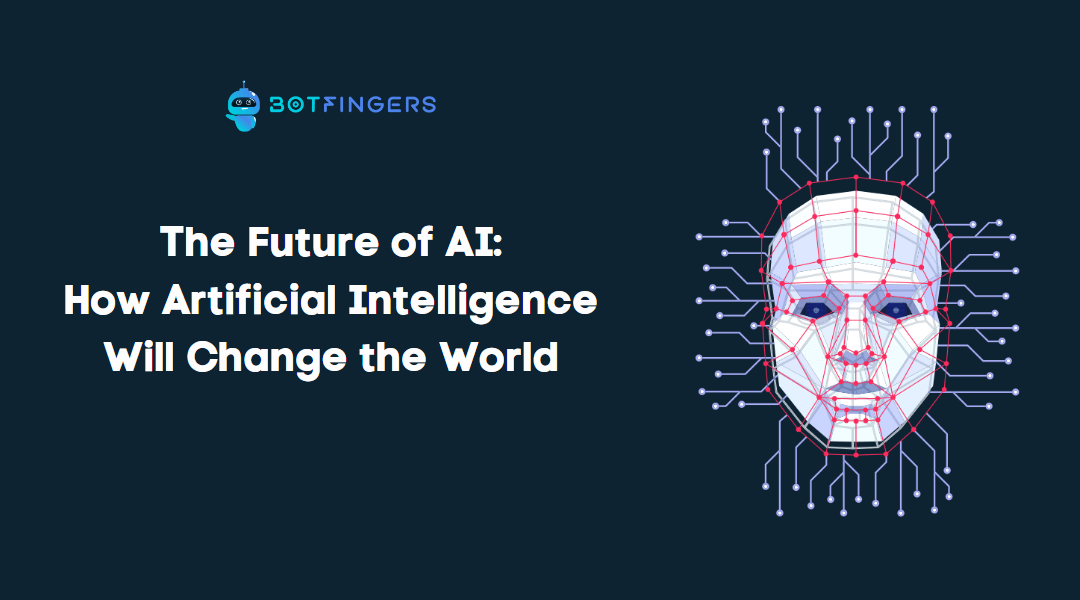Artificial Intelligence (AI) is rapidly transforming our world, and its impact will only continue to grow. AI has the potential to revolutionize industries, improve our daily lives, and solve some of the world’s most pressing problems. In this article, we will explore the future of AI, its potential impact, and the challenges and opportunities that lie ahead.
What is AI?
Before delving into the future of AI, it is essential to understand what it is. AI refers to the simulation of human intelligence in machines that are programmed to think, learn, and act like humans. AI can be divided into two broad categories: narrow or weak AI and general or strong AI.
Narrow AI refers to systems that are designed to perform specific tasks, such as image recognition or language translation. These systems can be highly intelligent and efficient at their designated tasks but lack the ability to think or act beyond their programmed functions.
General AI, on the other hand, refers to systems that have the ability to perform any intellectual task that a human can. These systems can learn, reason, and make decisions in a way that is indistinguishable from a human’s decision-making process. While we are not yet at the stage where we have developed a fully functional general AI system, significant progress has been made in recent years.
How AI is changing the world
AI is already changing the world in profound ways. Here are some examples of how AI is being used today:
- Healthcare – AI is being used to improve patient outcomes and reduce costs by assisting doctors in diagnosing diseases, identifying high-risk patients, and developing personalized treatment plans.
- Finance – AI is being used to detect fraud, improve risk management, and develop more accurate financial models.
- Transportation – AI is being used to develop self-driving cars and improve traffic flow, reducing accidents and increasing efficiency.
- Retail – AI is being used to improve customer experience by personalizing recommendations, reducing wait times, and automating customer service.
- Manufacturing – AI is being used to optimize production processes, reduce waste, and improve quality control.
The potential of AI
The potential of AI is vast and far-reaching. Here are some of the ways in which AI could transform our world in the future:
- Personalized medicine – AI could be used to develop personalized treatment plans based on an individual’s genetic makeup, medical history, and lifestyle.
- Autonomous vehicles – Self-driving cars could become the norm, reducing accidents and freeing up time for drivers to do other things.
- Education – AI could be used to personalize learning, adapting to each student’s needs and abilities.
- Environmental sustainability – AI could be used to optimize energy usage, reduce waste, and monitor and manage natural resources more efficiently.
- Space exploration – AI could play a crucial role in space exploration, assisting with tasks such as navigation, communication, and data analysis.
Challenges and opportunities
While the potential benefits of AI are significant, there are also significant challenges that must be addressed. Here are some of the key challenges and opportunities that lie ahead:
- Ethics – As AI becomes more advanced, there are concerns about its ethical implications. For example, how do we ensure that AI systems are used for the greater good and not for malicious purposes?
- Bias – AI systems can replicate and even amplify human biases, leading to unfair and discriminatory outcomes. Addressing bias in AI is a critical challenge that must be addressed.
- Job displacement – As AI systems become more advanced, there is a risk that they will replace human workers, leading to job displacement and economic disruption.
- Cybersecurity – AI systems can also be vulnerable to cyberattacks, leading to data breaches and other security concerns.
- Collaboration – The development and deployment of AI will require collaboration between various stakeholders, including government, industry, academia, and civil society. Collaboration will be crucial in ensuring that AI is developed and deployed in a responsible and beneficial way.
Conclusion
AI is already changing the world in significant ways, and its impact will only continue to grow in the future. While there are challenges to be addressed, the potential benefits of AI are vast and far-reaching. As we move forward, it will be crucial to ensure that AI is developed and deployed in a responsible and ethical way that benefits all of society. With collaboration and innovation, we can harness the power of AI to transform our world for the better.

